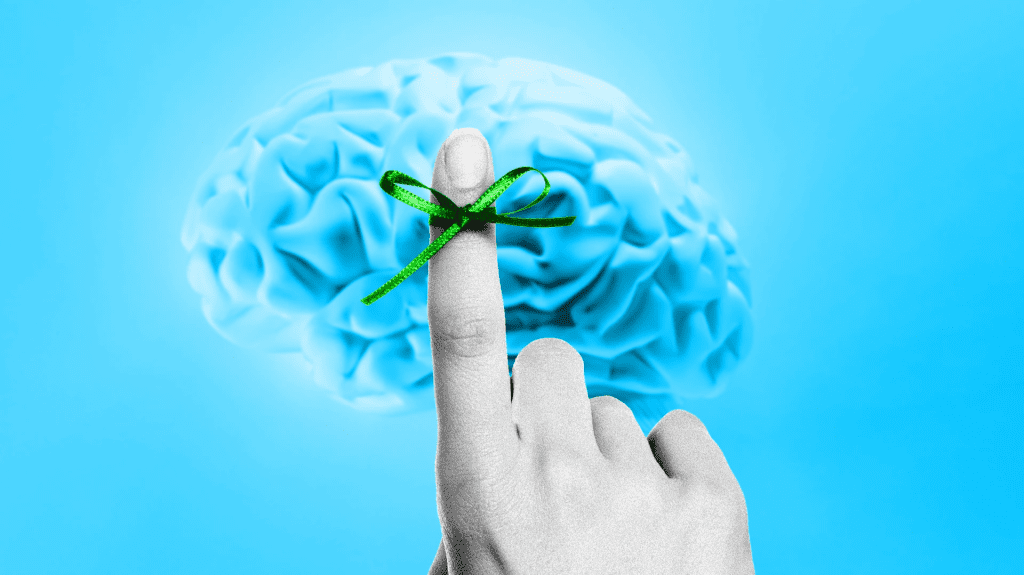We’ve always heard that marriage is good for your health. It’s been praised for everything from lowering stress levels to increasing lifespan. But a new 18-year study is flipping that script—especially when it comes to brain health. According to research published in Alzheimer’s & Dementia, being married might actually increase your risk of developing dementia.
Wait, what?
Yeah, that’s the exact reaction many had. Let’s break it all down.
📊 What the Study Revealed About Marriage and Dementia

The study, led by researchers from Florida State University and the University of Montpellier, followed more than 24,000 adults aged 50 and up who were dementia-free at the start. Over the course of nearly two decades, researchers tracked their health, lifestyle choices, social habits, and cognitive function.
Here’s the jaw-dropping stat:
22% of married individuals developed dementia during the study period, while only 13% of divorced or never-married individuals experienced the same.
Even after adjusting for age, health conditions, physical activity, and even genetics, the trend held up. That means something deeper is going on.
💔 Debunking the Marriage = Health Myth
Traditionally, studies have linked marriage to a range of health benefits—like lower risk of heart disease, better mental health, and longer lifespans. But when it comes to brain health, this new research forces us to take a closer look.
It turns out, the quality and diversity of social interaction may matter more than a marriage certificate.
According to a 2022 study in Frontiers in Aging Neuroscience, people with wide social networks—married or not—showed better cognitive function and lower dementia risk. Translation? It’s not the ring on your finger that’s protecting your brain. It’s your ability to stay connected, curious, and engaged with people around you.
Video : These Are The Earliest Signs of Alzheimer’s Disease
🧠 Why Would Marriage Be Linked to Higher Dementia Risk?
That’s the big question.
One theory: married individuals might rely too heavily on their spouse for emotional and social fulfillment. Over time, this could mean fewer outside social interactions, leading to less cognitive stimulation. Think of your brain like a muscle—if you only do one type of exercise, you miss out on full-body benefits. The same might apply to relying on just one relationship for social support.
Meanwhile, people who are divorced or have never married might actively seek out a variety of social connections—through friends, community activities, clubs, or volunteer work. These interactions keep the brain sharp and challenged, which may help ward off cognitive decline.
👥 The Power of Social Engagement on Brain Health
Social isolation is already a known risk factor for dementia. But what this new study shows is that being in a relationship doesn’t automatically mean you’re socially connected.
In fact, it might be the opposite—some people in long-term marriages experience emotional loneliness or limited social circles outside their partner. So while they technically have someone around, their brains may not be getting the stimulation they need.
Here’s what matters most for your brain:
- Frequent, varied conversations
- Emotional support from multiple sources
- Cognitive challenges like debates, games, and learning new things
- Physical activity and group activities
These aren’t just good for your mental health—they’re actual protective factors against dementia.

🏥 What This Means for Health Professionals and Individuals
For doctors, this study is a game-changer. Instead of assuming marriage is a plus, marital status and social habits should be evaluated together when considering someone’s dementia risk.
It’s also a wake-up call for all of us—married or not.
Just because you’re in a relationship doesn’t mean your brain is getting everything it needs. Here’s what you can do to fight off cognitive decline:
- Expand your social circle – Make time for friends, not just your partner
- Stay active in your community – Join clubs, volunteer, take a class
- Keep learning – New skills challenge your brain and build new neural connections
- Talk to someone new – Break your routine with fresh conversations
❤️ Is Love Still Worth It? Of Course—Just Make Room for More
This study isn’t a knock on marriage. Love, partnership, and emotional support are beautiful things. But it’s a reminder that no single relationship can do it all—especially not when it comes to protecting your mind.
Marriage can be incredibly fulfilling. But relying on it as your sole source of connection might actually be doing your brain a disservice.
So what’s the takeaway?
Video : The link between Dementia and hearing loss
If you’re married—invest in your friends, join that book club, talk to your neighbors. If you’re single—keep doing what you’re doing, and stay open to meaningful connections. Either way, your brain will thank you.
🧠 Final Thoughts: Rethinking How We Stay Sharp as We Age
This study turns a long-standing belief on its head and reminds us of something simple yet powerful—relationships matter, but diversity in those relationships matters more.
Don’t just love one person deeply. Stay curious. Stay connected. Keep building those brain bridges. Because at the end of the day, it’s not your relationship status that protects your memory—it’s your lifestyle.


